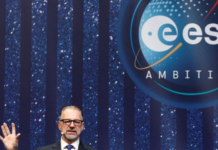Psychological scientists examine potential beneficial and harmful effects of social mediaa use on adolescents’ social, educational, psychological, and neurological development. This is a rapidly evolving and growing area of research with implications for many stakeholders who share responsibility to ensure adolescents’ well-being.b Officials and policymakers including the U.S. Surgeon General Dr. Vivek Murthy have documented the importance of this issue and are actively seeking science-informed input.c
The recommendations below are based on the scientific evidence to date, and the following considerations.
A. Using social media is not inherently beneficial or harmful to young people. Adolescents’ lives online both reflect and impact their offline lives. In most cases, the effects of social media are dependent on adolescents’ own personal and psychological characteristics and social circumstances—intersecting with the specific content, features, or functions that are afforded within many social media platforms. In other words, the effects of social media likely depend on what teens can do and see online, teens’ preexisting strengths or vulnerabilities, and the contexts in which they grow up.
Adolescents’ experiences online are affected by both 1) how they shape their own social media experiences (e.g., they choose whom to like and follow); and 2) both visible and unknown features built into social media platforms.
C. Not all findings apply equally to all youth. Scientific findings offer one piece of information that can be used along with knowledge of specific youths’ strengths, weaknesses, and context to make decisions that are tailored for each teen, family, and community.













